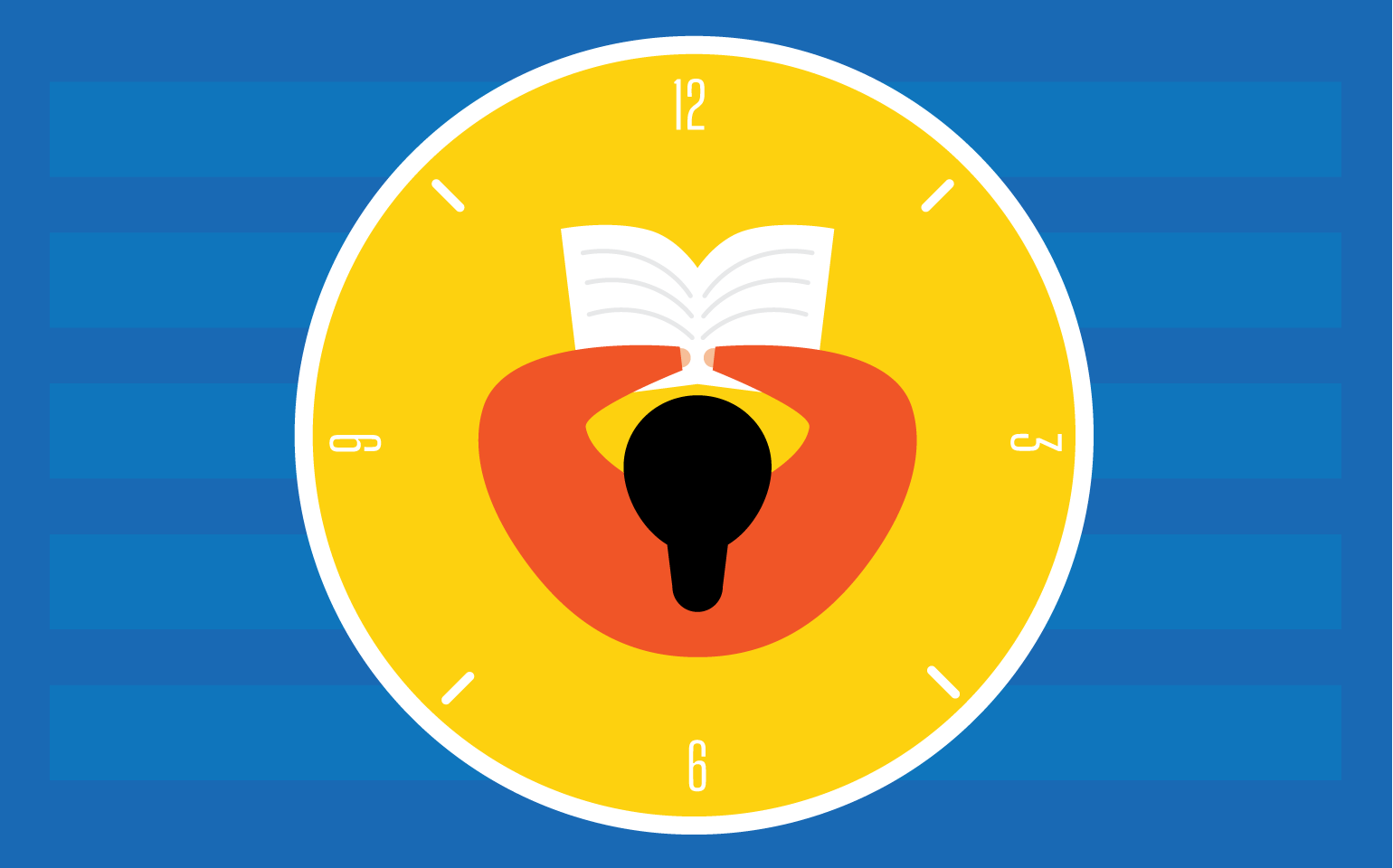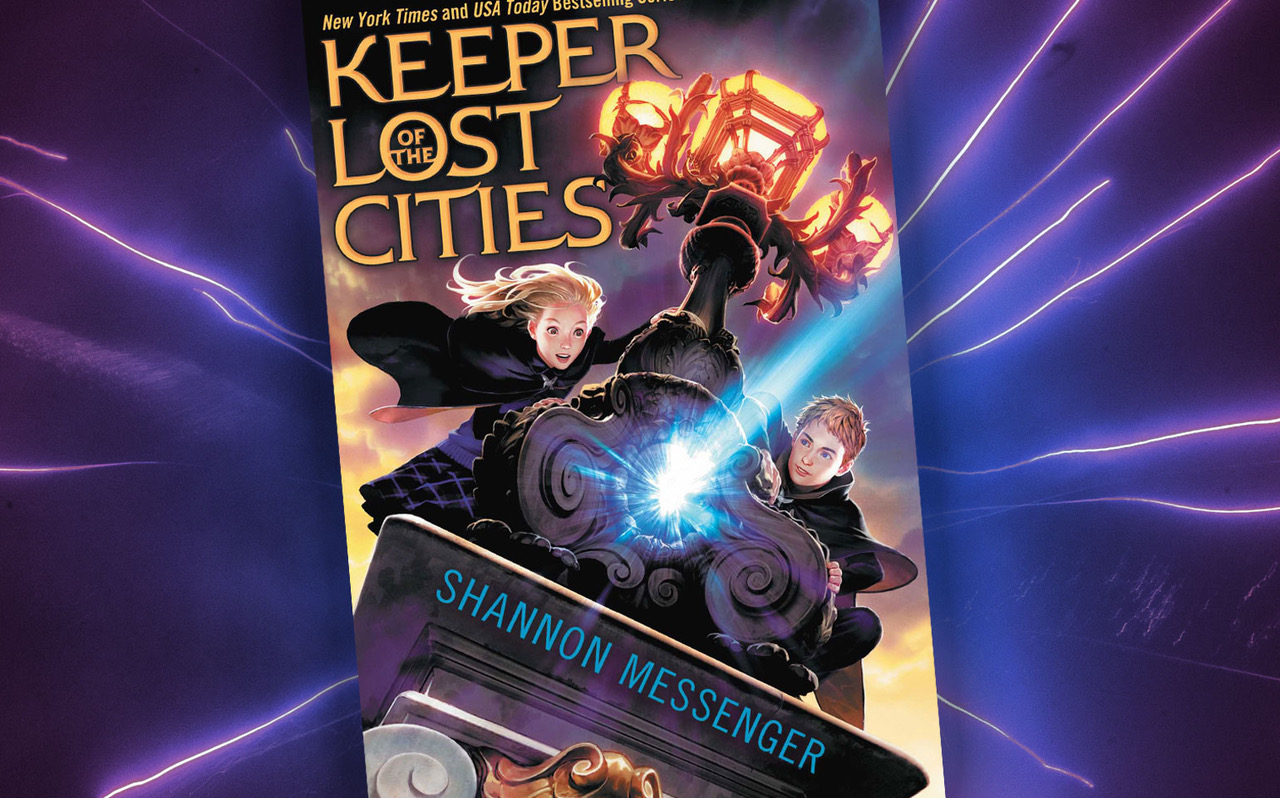
A Disappearing Love for Reading: How to Get Back on Track
Blank pages with dates, titles, and authors to be filled in. The conspicuous joy on each student’s face as they traded their completed reading tracker sheets for toys. This was the simple yet feverish exhilaration that motivated my classmates and I to read. Reading seemed effortless in elementary school because of the intriguing prizes teachers would spoil us with.
At the same time, this strategy subconsciously created the mindset that reading was a chore. Entering middle school and no longer having these pages to fill, I lacked the desire to flip through the endlessness of chapter books. I preferred to read graphic novels with enticing pictures and watch humorous television series.
My infinite access to the Internet and social media at an early age prompted a restlessness that reading would amplify. Consequently, I fell behind in reading and literacy levels.
As if this obstacle was not harmful enough, the Covid-19 pandemic hit the world and steered everyone off-course. Workers were left unemployed, students were granted their dream of an extended March break, and parents were helpless about what to do with a changing work-life balance. The sudden outbreak forced schools to close nationwide and sentenced students to online learning. Most of my post-elementary transition years were spent in the comfort of my home. Adapting to these unforeseen alterations, I turned to online games and watched more television than before. This detrimental habit was carried from childhood into early adolescence, reinforcing my unbreakable bond with the Internet. As a result, I continued to fall behind in developing proper grammar and an extensive vocabulary.
How could I not see that I was wasting time on burnout activities I no longer enjoyed? BookTok will not improve your vocabulary, but reading will. It has been proven in numerous studies that reading directly correlates to a larger vocabulary, impacting academic scores. While reading, you subconsciously learn words through a contextual matter, making them easier to remember and integrate into daily usage (Cornerstone University, 2022). Rather than memorizing phrases, understanding how different sentences are formed is beneficial to improving writing conventions.
In eighth grade, my first year back in person, grade inflation became more apparent at school. I consistently received excellent marks in English, which boosted my pride and inflated my ego. My confidence in writing continued entering high school, where I was in an Enriched English class. My English grades the previous year sparked the belief that my writing was above and beyond. However, this idea quickly faded upon receiving my first essay feedback.
My English teacher was infamous as one of the hardest markers in school. I did not expect a grade in the high 90s, as I would have in the previous year, but I never fathomed receiving a B. After all the time and effort dedicated to what I believed was exemplary writing, my confidence wavered considerably at the sight of the lackluster grade. Although, simultaneously, this feedback also opened a pathway to realizing the harm of disregarding reading as a hobby.
Aside from my English teacher’s strict grading, the most influential person in my reading journey has been my brother. A once avid video game player, entering adulthood has visibly taught him the value of reading. He inspired me to shift away from junior fiction towards age-appropriate chapter books and philosophical self-improvement guides. My mission to read more is ongoing, and I will continue to strive to improve my current lifestyle by delving into more captivating stories. I hope to become one day an intellectual in the vast world of literature. For now, I want to inspire other young people to remove themselves from constant Internet usage and explore the infinite possibilities reading can ignite. Here are some practices I use to ensure I read robustly.
Tips to Get Back on Track:
1.Replace Screentime with Reading
Reading has become nearly obsolete amongst my peers. The number of readers compared to those constantly connected to their screens is incomparable. I will not ask the impossible and tell you to stop using devices entirely. However, I can earnestly confirm that overexposure to social media and television can cause severe burnout. After binge-watching my favourite YouTubers or scrolling through TikTok for passing hours, I often become exhausted. Yet, I keep getting pulled back into the same black hole that is the Internet. Reading can be a fascinating alternative if you try to detach yourself from addictive algorithms.
2.Maintaining a Regular Reading Schedule
No one can change their habits overnight. However, allocating 30 minutes per day, or even a week, to reading should be attainable compared to the average adolescent’s daily screen time. As reading becomes a more prominent habit, you will naturally understand the joy of paper books. According to a study conducted by consultancy Mindlab International at the University of Sussex, even only six minutes of reading can reduce stress levels by 68%. Reading boosts calmness and positivity through factors such as allowing individuals to be reminded of joyful memories or enter a world away from the frustrations of reality (Cornerstone University, 2022). Having a schedule to follow will ensure reading seamlessly re-enters your daily lives.
3.Set Soft Deadlines to Keep Yourself Accountable
Whether you have a library book due in three weeks or a shiny new novel purchased a few days ago, you do not necessarily have a deadline to keep yourself accountable. Simply glancing at the endless pages of a novel can make picking up a book intimidating. This is where setting soft deadlines comes in. There is no need to be hard on yourself, as breaking poor habits and introducing new ones is understandably difficult. At the same time, these flexible due dates set small, achievable goals that incentivize reading while making the task less daunting.



